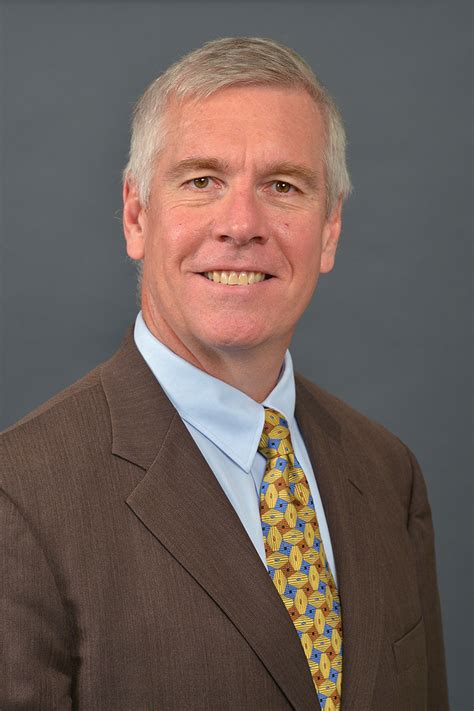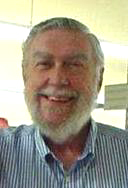A Quote by Luther Burbank
The theory of Reincarnation, which originated in India, has been welcomed in other countries. Without doubt, it is one of the most sensible and satisfying of all religions that mankind has conceived. This, like the others, comes from the best qualities of human nature, even if in this, as in the others, its adherents sometimes fail to carry out the principles in their lives.
Related Quotes
Sometimes we forge our own principles and sometimes we accept others' principles, or holistic packages of principles, such as religion and legal systems. While it isn't necessarily a bad thing to use others' principles - it's difficult to come up with your own, and often much wisdom has gone into those already created - adopting pre-packaged principles without much thought exposes you to the risk of inconsistency with your true values.
The wildest dreams of wild men, even, are not the less true, though they may not recommend themselves to the sense which is most common among Englishmen and Americans to-day. It is not every truth that recommends itself to the common sense. Nature has a place for the wild clematis as well as for the cabbage. Some expressions of truth are reminiscent,--others merely sensible, as the phrase is,--others prophetic.
Selfish is an exploitation of others for self; selfless is an exploitation of self for others. Both are extrinsic. ..... Selfness. When selfness prevails, the qualities of others are sometimes used for self and the qualities of self are often extended to others. The basic and key difference is that exploitation is never the object of the outcome.
Thus the law of nature stands as an eternal rule to all men, legislators as well as others. The rules that they make for other mens actions, must, as well as their own and other mens actions, be conformable to the law of nature, i.e. to the will of God, of which that is a declaration, and the fundamental law of nature being the preservation of mankind, no human sanction can be good, or valid against it.
We human beings are social beings. We come into the world as the result of others’ actions. We survive here in dependence on others. Whether we like it or not, there is hardly a moment of our lives when we do not benefit from others’ activities. For this reason, it is hardly surprising that most of our happiness arises in the context of our relationships with others.
I adopted the theory of Reincarnation when I was twenty six. Religion offered nothing to the point. Even work could not give me complete satisfaction. Work is futile if we cannot utilise the experience we collect in one life in the next. When I discovered Reincarnation... time was no longer limited. I was no longer a slave to the hands of the clock... I would like to communicate to others the calmness that the long view of life gives to us.
But if men would give heed to the nature of substance they would doubt less concerning the Proposition that Existence appertains to the nature of substance: rather they would reckon it an axiom above all others, and hold it among common opinions. For then by substance they would understand that which is in itself, and through itself is conceived, or rather that whose knowledge does not depend on the knowledge of any other thing.
The modern technological world appears overwhelming to many people. It drives some to pessimism and despair. It makes others doubt the future of mankind unless we retreat to simpler lives and even to the ways of our ancestors. What these people fail to realize is that we cannot go back to those ways and those days. Furthermore, for all our difficulties, life today is far better for more people and the possibilities for the future can be brighter than ever if we develop not only new knowledge, but a greater faith and confidence in the human mind and spirit.
But even if we were to disappear, people would still be divided into people and Others. No matter how those Others were different.People can't get by without Others. Put two people on an uninhabited island, and you'll have a human being and an Other. And the difference is that an Other is always tormented by his differentness. It's easier for people. They know they're people, and that's what they ought to be. And they all have no choice but to be that way. All of them, forever.
History leaves no doubt that among of the most regrettable crimes committed by human beings have been committed by those human beings who thought of themselves as civilized. What, we must ask, does our civilization possess that is worth defending? One thing worth defending, I suggest, is the imperative to imagine the lives of beings who are not ourselves and are not like ourselves: animals, plants, gods, spirits, people of other countries, other races, people of the other sex, places and enemies.
The Christian is free from all other human beings. He does not have to live over against others, controlled by their actions and responses. Rather, he lives according to Christ's commands. This is Christian freedom. It is a freedom unknown by others. It is not just when others do the things that we like that we act properly toward them; we are free to do good even when they don't because our actions are not dependent on their responses. It is the Lord Christ when we serve!
On the dogmas of religion, as distinguished from moral principles, all mankind, from the beginning of the world to this day, have been quarrelling, fighting, burning and torturing one another, for abstractions unintelligible to themselves and to all others, and absolutely beyond the comprehension of the human mind.







































